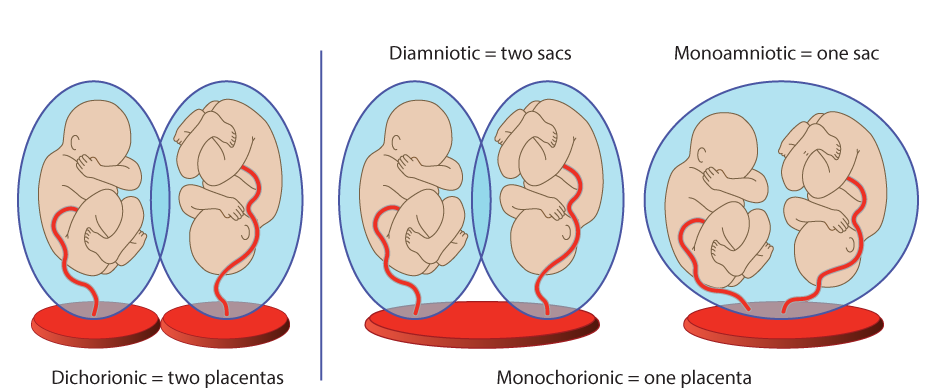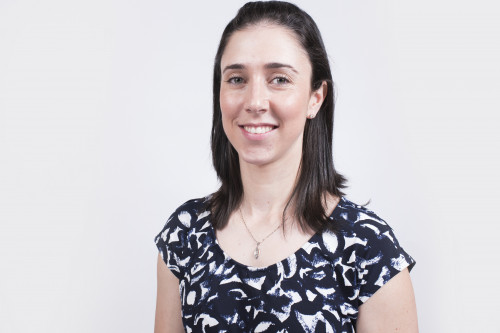Complex multiple pregnancy
Introduction
There is palpable excitement in the room when families discover they are expecting twins! Nevertheless, there are some multiple pregnancies - for example, those where the twins share a blood supply through a single placenta - that require additional surveillance to ensure the best possible outcomes.

Twins sharing a single placenta require intensive ultrasound surveillance to detect any early signs of blood flow imbalance between the twins, a condition called twin twin transfusion syndrome (TTTS). If this occurs, fetal therapy may be necessary. The best outcomes for fetal surgery for TTTS are achieved when the diagnosis is made early so that all treatment options can be considered and explored with the family. High order multiple pregnancies, such as triplets, also require additional surveillance given the high risk of early birth. Triplets are born on average around 32 weeks, so families expecting a high order multiple pregnancy benefit from a multidisciplinary team where they can meet the neonatal, midwifery and obstetric team to help plan for delivery.
Our service
The complex multiple pregnancy clinic is for pregnancies where one placenta is supplying two or more babies (so called, ‘monochorionic’) so that surveillance for TTTS can be undertaken at the time of routine obstetric care. This clinic also welcomes referrals of high order multiple pregnancies (triplets or more), or where there is concern regarding healthy growth and development of one or more of the babies.
For clinicians - who can be referred?
All monochorionic twins and high order multiple pregnancies are welcome. We also accept referrals of dichorionic twins with selective fetal growth restriction or where twins are discordant for structural or genetic abnormality.
How to refer a patient







